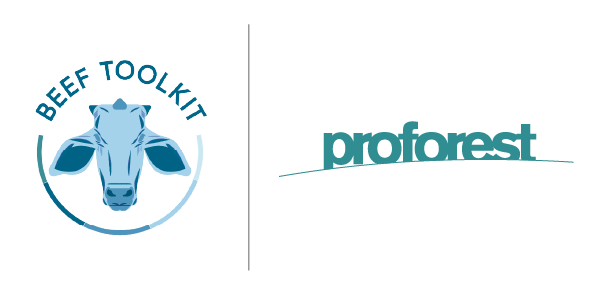The Beef Toolkit is designed to support companies in the responsible sourcing of beef. It is an accessible guide to the many initiatives which aim to decouple beef production and trading from deforestation, conversion of native vegetation and human rights violations, all structured into a 5-element approach for responsible sourcing. The current Beef Toolkit focuses on Brazilian beef, but other countries may be included in future.
Why responsible sourcing of beef is important
Beef is recognised as a major driver of deforestation and native vegetation conversion, particularly in parts of Latin America where growing global demand for beef is driving land conversion to pasture for cattle ranching. Land speculation and land grabbing are frequently linked to this deforestation cycle, alongside weak law enforcement which fuels illegal activities.
Beef buyers at all stages of the supply chain are expected to establish commitments to deforestation- and conversion-free beef and to support those with clear, timebound plans for implementation.
The 5-Element Approach
The Beef Toolkit is structured around each of the five key elements of the beef responsible sourcing process.
Downloadable Briefing Notes
Element 1: Assess and plan implementation
Implementation plans consolidate your understanding of the strategy, steps, responsibilities and timeframes, allowing for monitoring progress and further reviews.
ELEMENT 2A: UNDERSTANDING THE BEEF SUPPLY CHAIN
Tracing the beef supply chain to origin is crucial for companies to identify social and environmental risk in their supply chains and to put in place measures necessary to ensure compliance with their commitments.
ELEMENT 2B: RISK ANALYSIS
Buying companies can use risk analysis to assess social and environmental risks in production areas, and to identify risk of non-compliance within their supply base.
Element 3: Engage within and beyond supply chains
In order to assess performance as you implement the policies, you will need to plan what will be requested from suppliers and develop and support implementation of an action plan to ensure suppliers are working towards meeting your sourcing policies.
ELEMENT 4: ESTABLISH A PURCHASE CONTROL SYSTEM
Purchase control systems can help companies screen suppliers for non-compliance with their responsible sourcing policies for beef. By flagging policy breaches, these systems enable buyers to take positive action to address non-compliance and thus deliver on their policy commitments.
Element 5: monitor, verify and report
It is important to monitor, verify and report your progress both internally and externally, not only to track progress and review goals and strategies, but also to make the process transparent.



